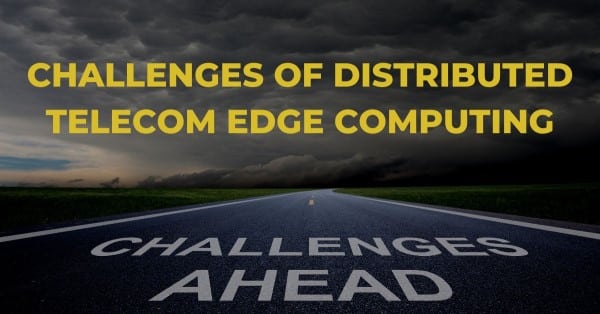The U.S. Department of Transportation (DOT) sent a letter to Verizon and AT&T demanding they delay 5G C-Band rollout operations for two weeks while it works with the FAA on protecting airport systems from 5G C-Band interference.
The move comes just weeks after the alert from FAA and U.S. airlines that using certain frequencies could hamper flight operations, even affecting airplane radio altimeters.
AT&T and Verizon paid $78 million for the C-Band spectrum in an auction, which has been called essential to carriers delivering on their promises of 5G. Known as mid-band (between 3.7 – 4GHz), this bandwidth covers more area with fewer towers at higher speeds making it an important component for the widespread availability of 5G to consumers who are always online.
“The economic stakes for the aviation industry and the disruptions that would be caused to the traveling public by commercializing C-Band service in January are enormous, especially given the current strain and uncertainty generated by the coronavirus epidemic,” said the U.S. Department of Transportation in the letter.
The letter warns that the implementation may be particularly hazardous during “times of low visibility and bad weather,” which might cause airlines to divert, disrupt, and even cancel flights.
The Federal Aviation Administration is also cooperating with the aeronautics and communications industries to find a solution that will enable 5G C-band technology and aviation to operate safely. While this work is being done, the FAA advised airlines that Notices to Air Missions (NOTAMs) may be issued in areas where 5G interference is likely.
The DOT and the FAA are seeking additional time to establish buffer zones around major airports to safeguard these flight operations. “This will allow for 5G C-band deployment around these important airports on a rolling basis, allowing planned locations of C-Band antennas to be activated by the end of March 2022, unless unforeseen technical challenges or new safety concerns arise. The two-week break is designed to find the airports that require these buffer zones.
Verizon and AT&T have stated that the 5G C-band poses no hazard to air travel. They did, however, agree in November to lower the power output of all 5G C-band stations, including those located near airports. The agreement is scheduled to lapse later this year. The firms have yet to react to this most recent demand. The two carriers subsequently signed a station power agreement to delay installation until January 5, 2022, while the FAA conducted an air safety inquiry. That is the date the DOT and FAA now want to change by a few weeks, if at all possible.
If the FAA finishes its job in two weeks, most users will not notice the delay in the 5G C-Band rollout. However, because many smartphones, such as the iPhone 13 and Samsung Galaxy S21, already support 5G C-Band, there’s a chance that AT&T and Verizon customers near these 5G C-Band stations may begin to experience better 5G speed and reliability.


















